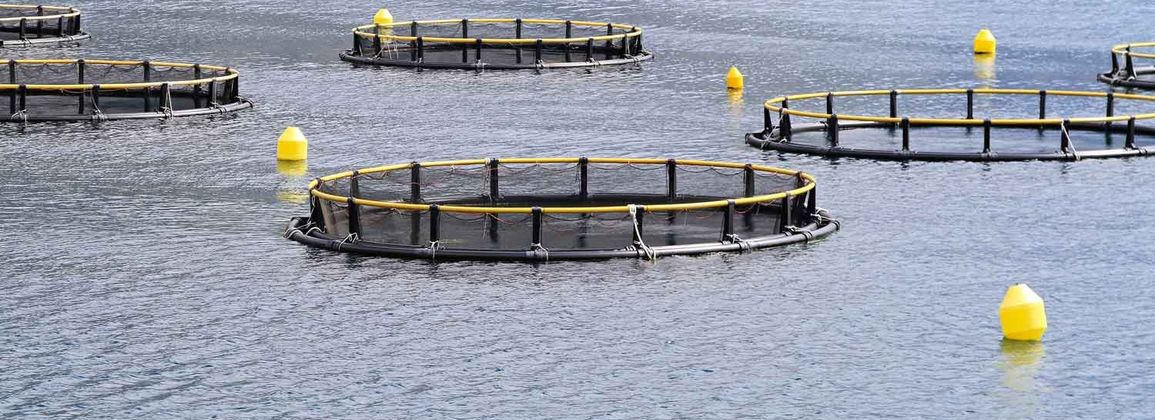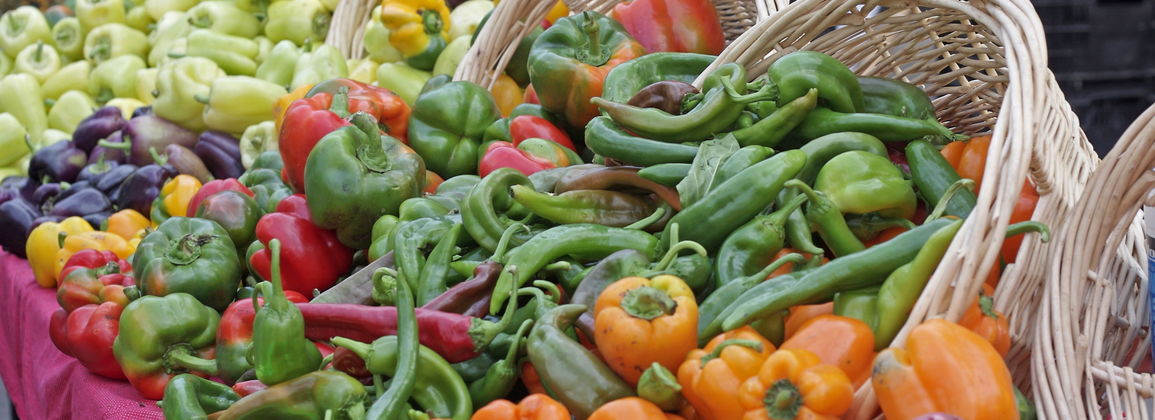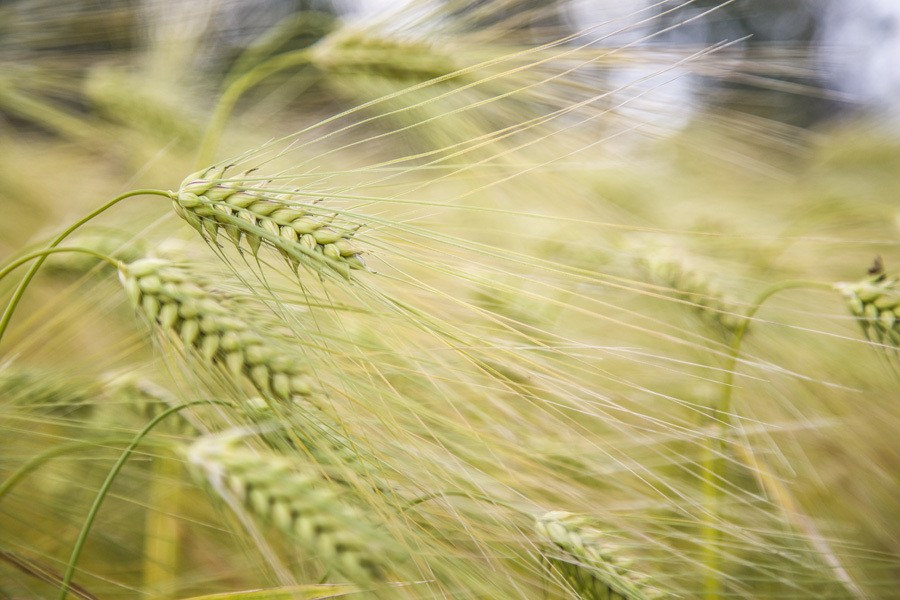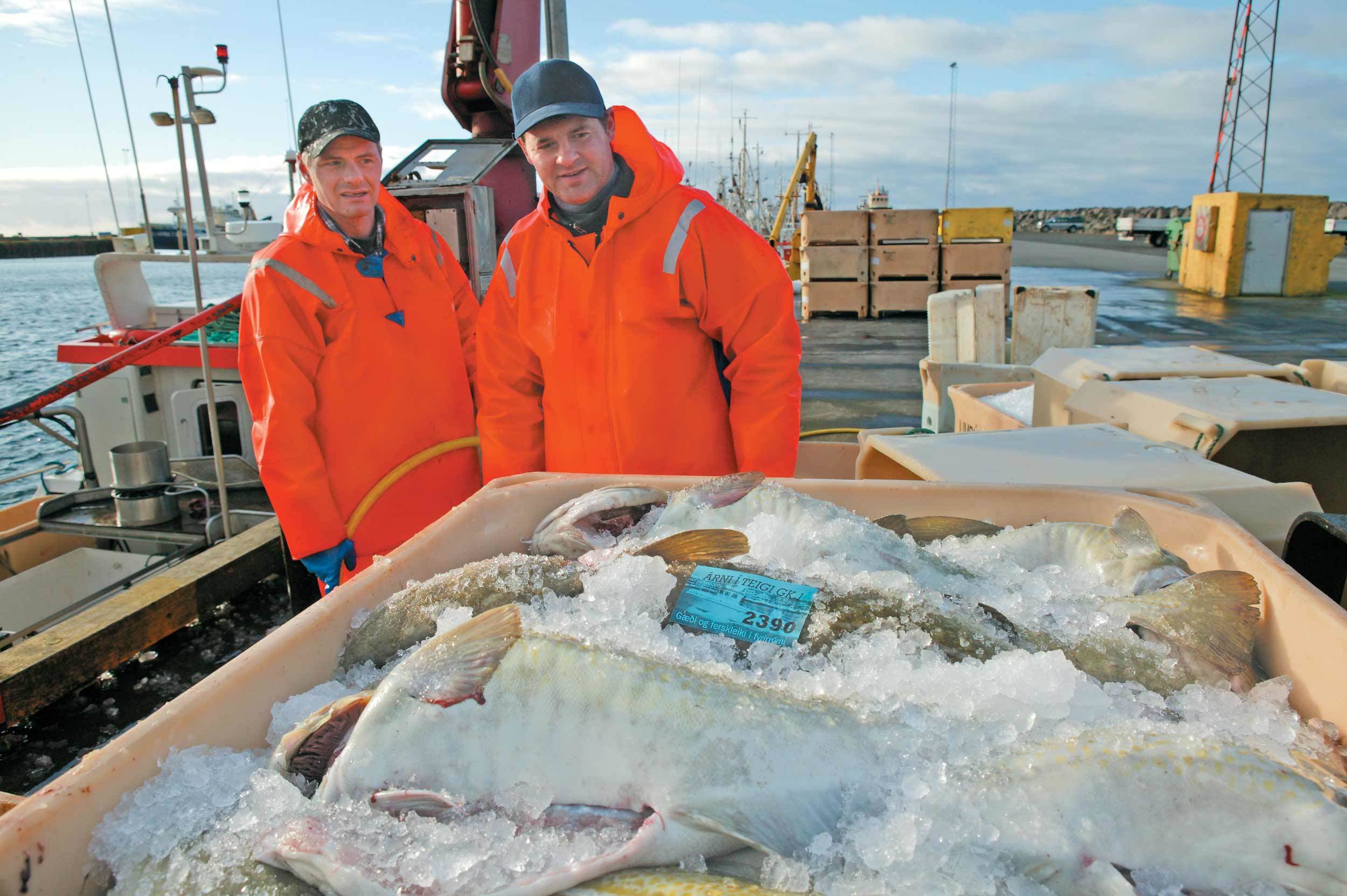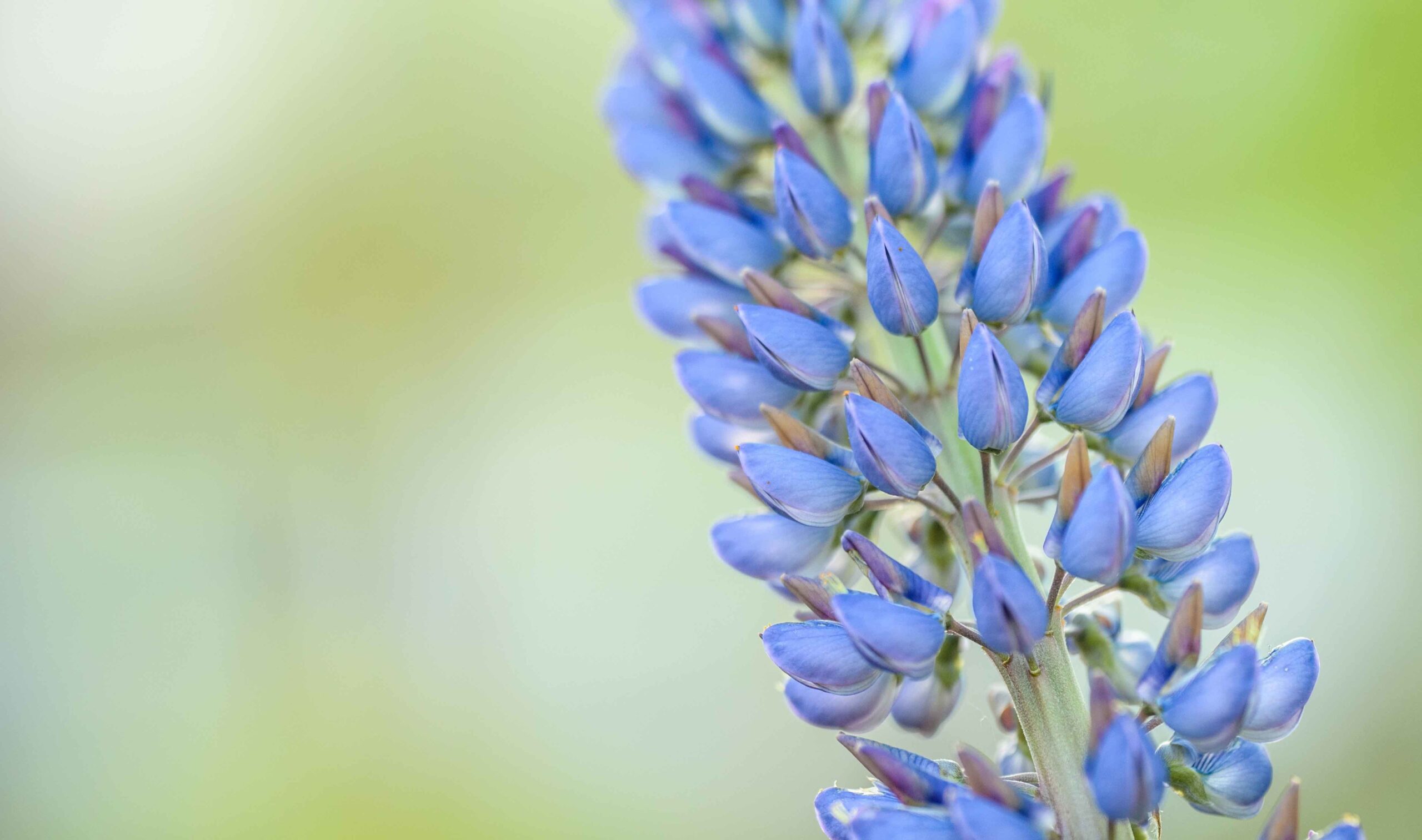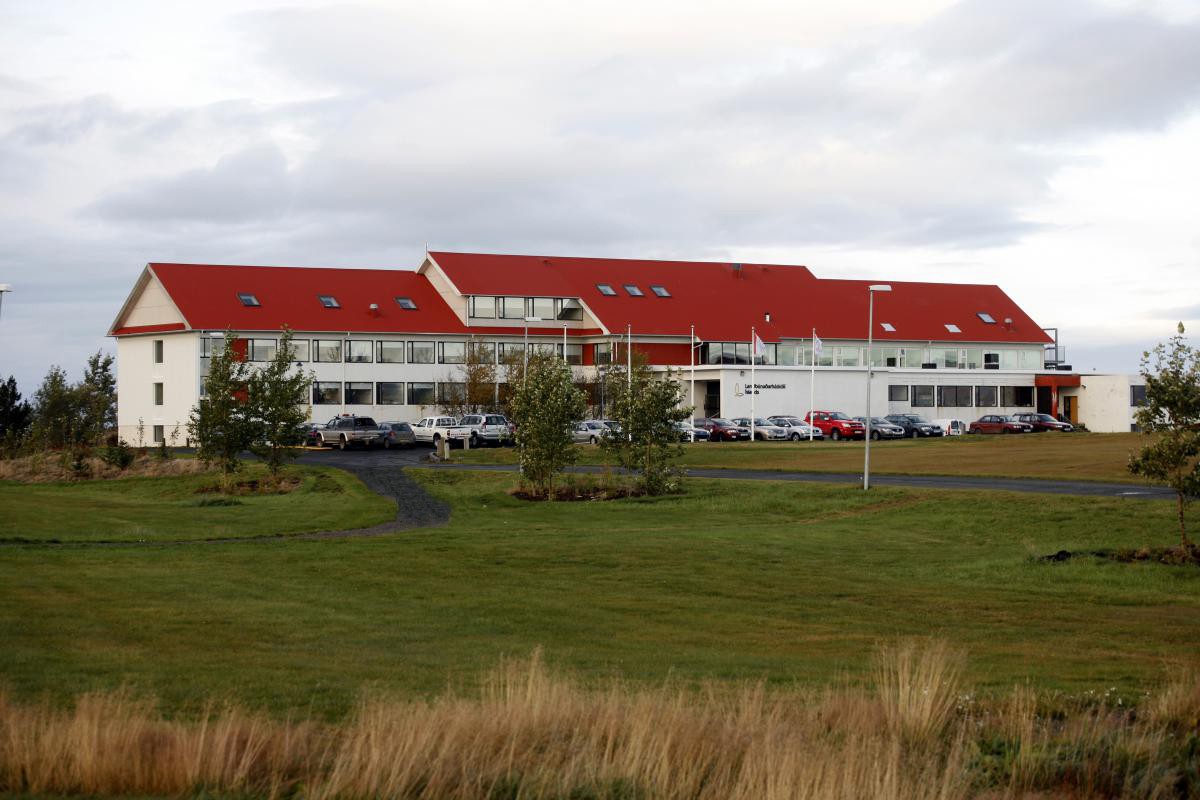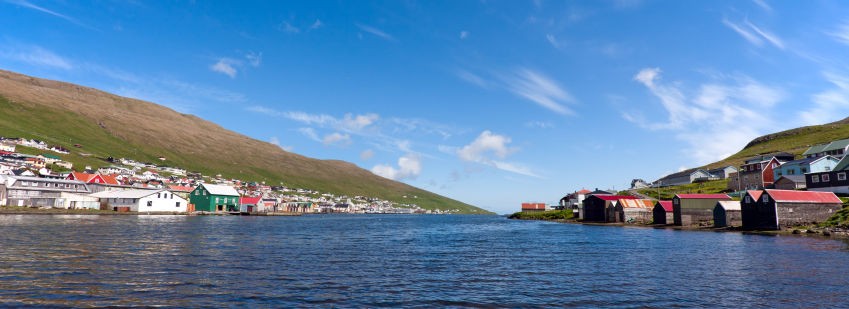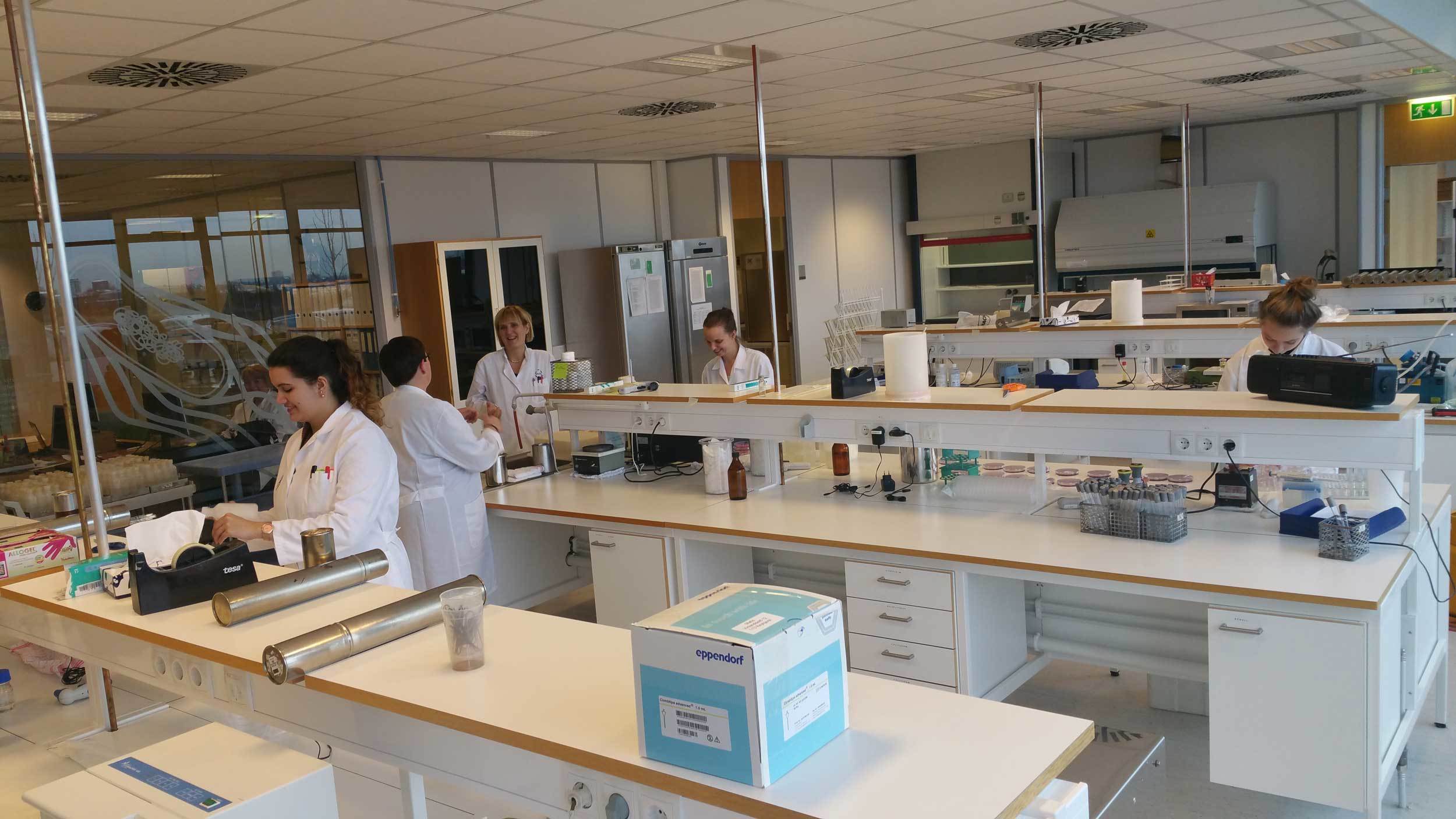Rjómabúið Erpsstaðir attracts the attention of the President of Iceland
Forseti Íslands, Guðni Th. Jóhannesson, var í heimsókn hjá Rjómabúinu Erpsstöðum í vikunni. Þorgrímur Einar Guðbjartsson og Helga Elínborg Guðmundsdóttir […]
Rjómabúið Erpsstaðir attracts the attention of the President of Iceland Nánar »

